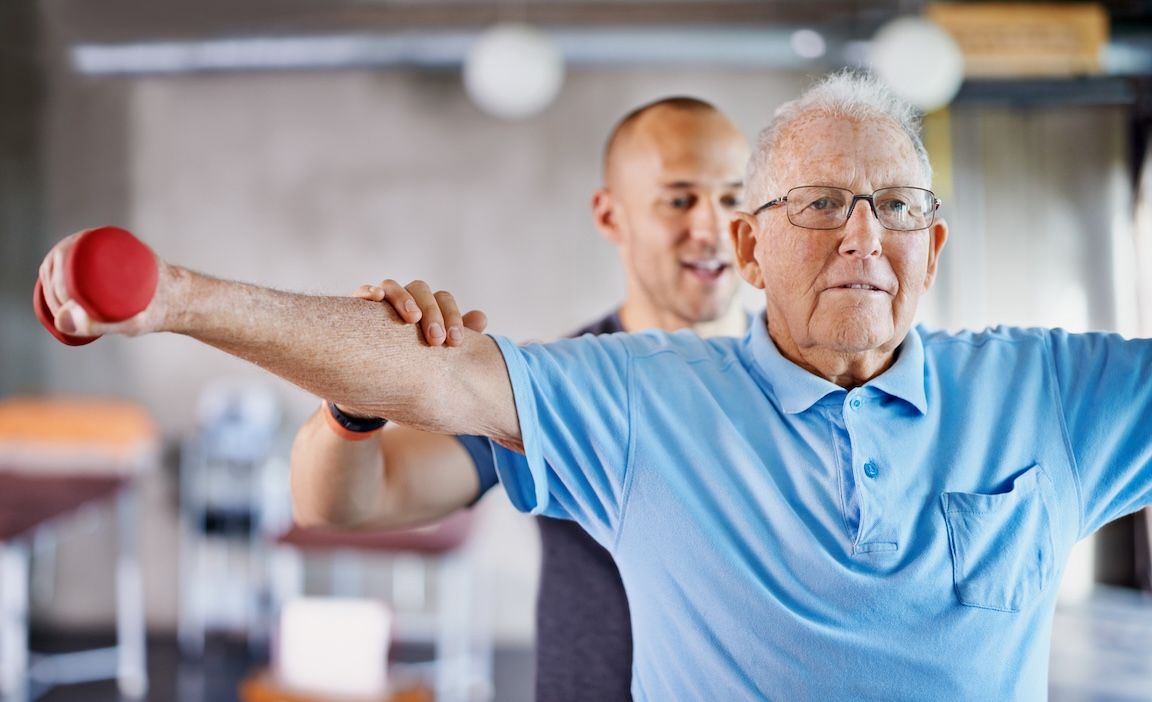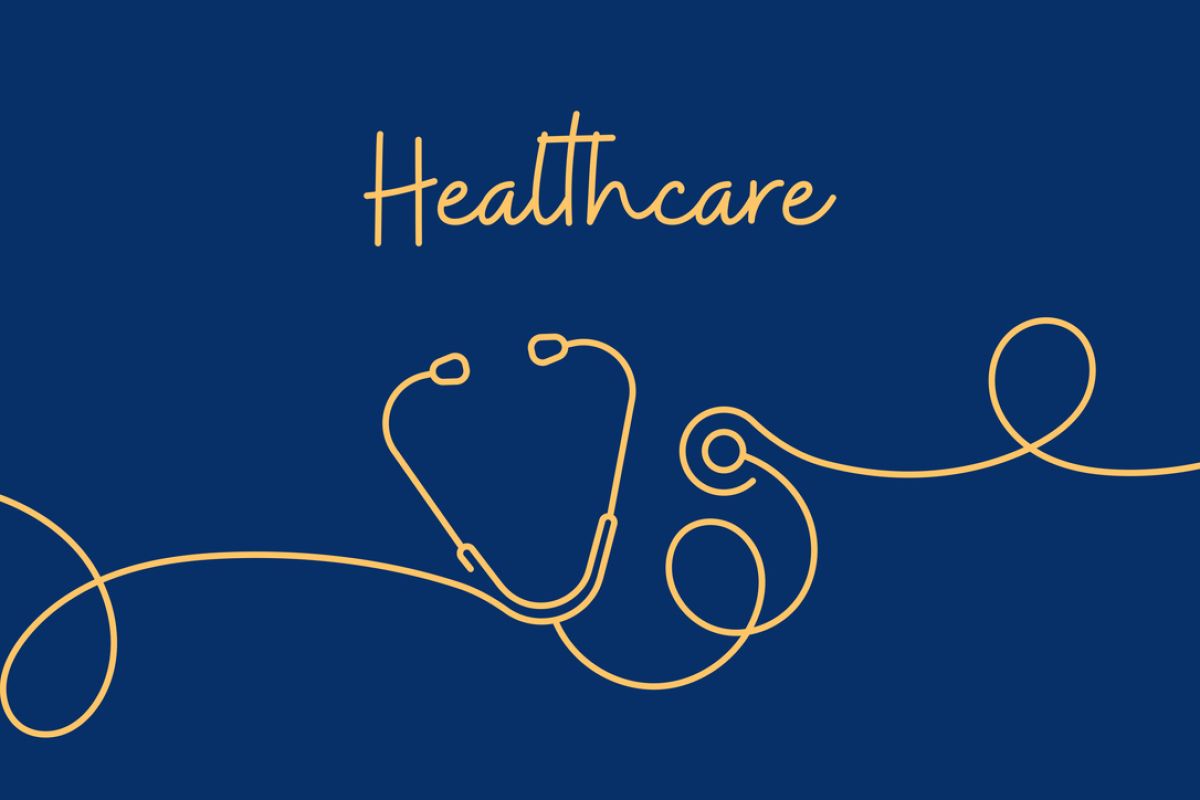One Career, Many Paths : Why Allied Health Professionals Should Explore OH

Allied Health careers often follow familiar paths. Hospitals. Community teams. Education. There is another route that rarely gets airtime. Occupational Health. It blends prevention, clinical reasoning and real world impact.
Why we believe Occupational Health belongs on your shortlist
Occupational Health helps people stay well at work and return well after illness or injury. The scope suits AHP strengths. Assessment. Coaching. Behaviour change. Practical adaptation. Many of our candidates work with individuals and teams. They influence how work is designed and delivered. If you enjoy joining the dots between person, task and environment, OH is a strong fit.
Where AHP skills shine most
We see AHPs add value across the OH pathway. The examples below are typical, not theoretical.
- Physiotherapists: Lead ergonomic assessments, design return to work plans and coach graded activity that sticks.
- Occupational therapists: Adapt offices, factories and home set ups for long term conditions and neurodiversity.
- Psychologists: Deliver resilience training, brief interventions and consultation for managers on complex cases.
- Speech and language therapists: Advise on communication, cognitive load and reasonable adjustments after injury.
- Podiatrists: Support footwear, gait and load issues that affect standing and movement heavy roles.
The prevention focus in OH means you do more than react. You help design systems that avoid harm and keep people in good work.
Variety and influence without losing clinical meaning
A typical week can include one to one assessments, site visits, group training and short strategy sessions with leaders. In the morning you might advise on reasonable adjustments for a shift worker. In the afternoon you could brief managers on a health promotion campaign. You will still use clinical judgement. We’ve seen candidates being rewarded by their advice rippling across a whole team in a positive way.
What the work actually looks like day to day
- The work is practical and visible: You translate evidence into action that managers and staff can use.
- Fitness for work: Assess function and risk, then give clear advice that supports safe decisions.
- Adjustments and equipment: Balance clinical needs, task demands and service constraints.
- Health surveillance: Run checks that catch issues early and trigger timely action.
- Mental health support: Provide brief, accessible pathways that people actually use.
- Culture and training: Deliver short sessions that change behaviour and support prevention.
Stability and flexibility across sectors
OH roles exist in the NHS, local authorities, large corporates and specialist providers. With all the global uncertainty at the moment, we hear from candidates that options matter. Given the variety of sectors where OH can apply skills, it gives you options over time. Many services offer part time or flexible patterns. Remote elements are common for triage and follow up. If you want to combine practice with study or family, the rhythm often suits.
Why now is a good time to move
There is a shortage of experienced OH professionals. Demand is rising as work changes. Employers are open to AHPs who bring prevention skills and clear thinking. Many fund study for the right candidates. If you can show how your skills map to OH outcomes, you will be competitive quickly.
Skills to highlight on your CV
Consider using the language hiring managers read every day.
- Functional assessment: Translate clinical findings into work relevant recommendations.
- Risk communication: Explain choices and trade offs in simple terms.
- Behaviour change: Coach small steps that staff and managers will take.
- Data comfort: Use simple data to prioritise, show outcomes and improve.
- Stakeholder confidence: Work well with HR, H&S, line managers and unions.
How to get started
You do not need to commit before you have seen the work. Test the fit and then move with purpose.
- Shadow and ask: Speak to OH professionals, sit in on clinics and join a workplace visit.
- Take a short course: Complete an OH introduction or relevant modules. Many employers will fund this.
- Rework your CV: Front load transferable skills and outcomes for an OH audience.
- Target roles well: Do not be put off by nurse focused adverts. Many roles can be adapted for AHPs.
- Collect evidence: Keep brief reflections that show your reasoning, communication and impact.
From assessments to adjustments, AHP strengths map directly to OH outcomes. If you are considering a move – now or in the future, get in touch. We are always happy to share our experience. Recruiting Heads is a specialist recruitment partner for Occupational Health, Workplace Wellbeing, Health & Safety and Digital Health. Led by Sean and Abi McMullen, we combine deep sector knowledge with a candidate first approach. We help healthcare leaders fill senior roles fast and with care. When you work with us, you work directly with Abi and Sean. Two recruiters who know the sector inside out.
Where to Next?
More Articles
Right people, right roles, always
Whether you’re hiring or job hunting, we make your search straightforward, effective and discreet.



